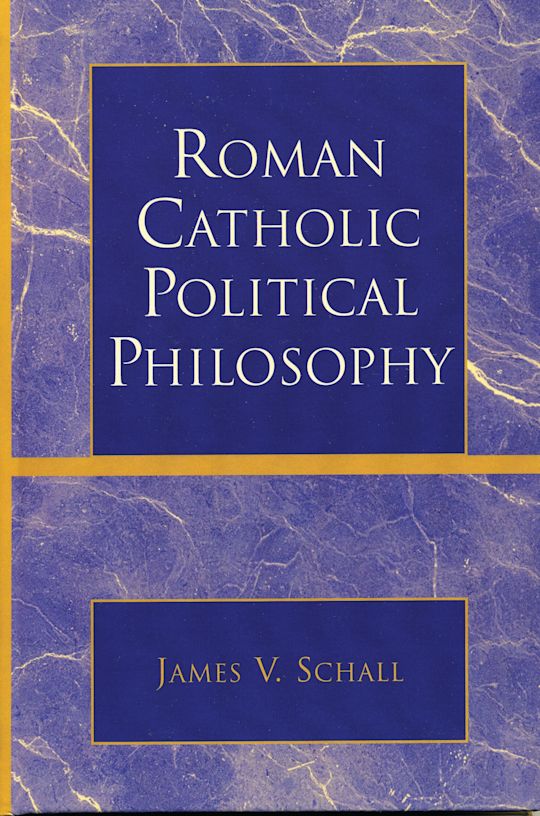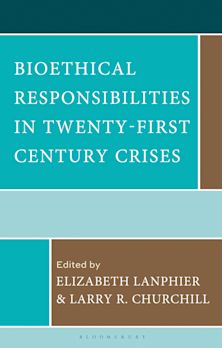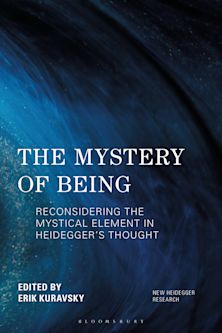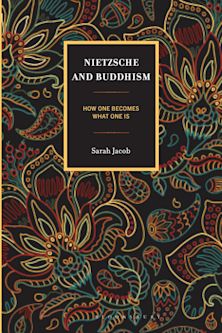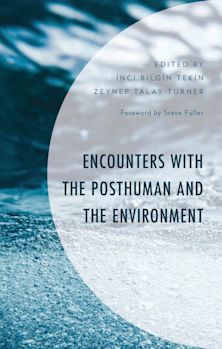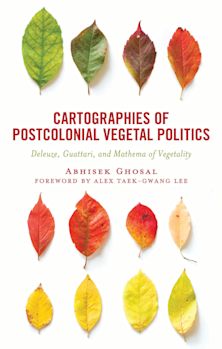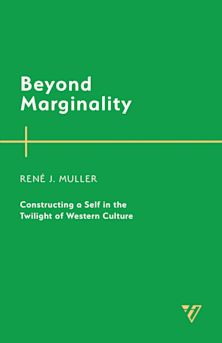- Home
- ACADEMIC
- Philosophy
- Philosophy - Other
- Roman Catholic Political Philosophy
Roman Catholic Political Philosophy
For information on how we process your data, read our Privacy Policy
Thank you. We will email you when this book is available to order
You must sign in to add this item to your wishlist. Please sign in or create an account
Description
In Roman Catholic Political Philosophy author James V. Schall tries to demonstrate that Roman Catholicism and political philosophy--revelation and reason-are not contradictory. It is his contention that political philosophy, the primary focus of the book, asks certain questions about human purpose and destiny that it cannot, by itself, answer. Revelation is the natural complement to these important questions about God, human being, and the world. Schall manages to avoid polemicism or triumphalism as he shows that revelation and political thought contribute to a fuller understanding of each other.
Table of Contents
2 Why Is Political Philosophy Different?
3 On the Paradoxical Place of Political Philosophy in the Structure of Reality
4 The Philosopher's Study of Political Things
5 The Role of Christian Philosophy in Politics
6 On How Revelation Addresses Itself to Politics
7 The Relation of Political Philosophy to Metaphysics and Theology
8 From Curiosity to Pride: On the Experience of Our Own Existence
9 Modernity: What Is It?
10 Revelation, Political Philosophy, and the Generation of Morality
11 Worship and Political Philosophy
12 Roman Catholic Political Philosophy
13 Conclusion
Chapter 14 Thirty-three Summary and Concluding Maxims, Principles, and Aphorisms Concerning Roman Catholic Political Philosophy
Product details
| Published | 03 May 2004 |
|---|---|
| Format | Ebook (Epub & Mobi) |
| Edition | 1st |
| Extent | 230 |
| ISBN | 9780739160473 |
| Imprint | Lexington Books |
| Publisher | Bloomsbury Publishing |
About the contributors
Reviews
-
Fr. Schall's meditations on the profoundest themes of western civilization are essential reading for anyone interested in its fate - regardless of their religious convictions or lack thereof. And it would be a rare creature who would not beforced to re-examine the depths and dimensions of his soul to take account of Fr. Schall's powerful argumentation. His book is especially welcome at a time the west faces yet another challenge from radical Islam and its own continuing deterioration from its own nihilism within.
Ken Masugi, Claremont Institute
-
James Schall is one of the giants of contemporary Catholic thought. This volume is essential reading not just for Catholics but for anyone interested in the nature of political philosophy as a tradition of inquiry and the vitally important question of the relationship of faith and reason.
Kenneth Grasso, Texas State University - San Marcos
-
Here in large part is what makes Schall unique; his best friends in politics, philosophy, literature, history, and theology make his interpretation of reality sole occupant of the field. With their help he undertakes in these pages the central task of Catholic political philosophy-to spell out the true enlightenment of which Chesterton was a herald in the way he courageously faced, loudly proclaimed, and galantly challenged all the errors that ever were.
Gilbert Magazine
-
A lively and spirited defense of Roman Catholic political philosophy that exemplifies what it describes. James Schall understands the presumption against any attempt to link the worlds of faith and reason. He shows that the most powerful argument for convergence arises from the side of reason itself. Political philosophy is most true to itself when it preserves its openness to revelation.
David Walsh, Catholic University of America
-
Tertullian asked: "What has Athens to do with Jerusalem?" James V. Schall goes one step further and asks: "What have Athens and Jerusalem to do with Rome?" Serious and playful, witty and wise, Roman Catholic Political Philosophy is essential reading for anyone exploring the question of reason and revelation and how it relates to the nature of political things.
William P. Haggerty, Gannon University
-
Roman Catholic Political Philosophy will provide rewarding reading to any student, professor, or lay reader who is interested in the relationship between religion and philosophy, especially as this has developed within the Catholic tradition.
Review of Metaphysics









